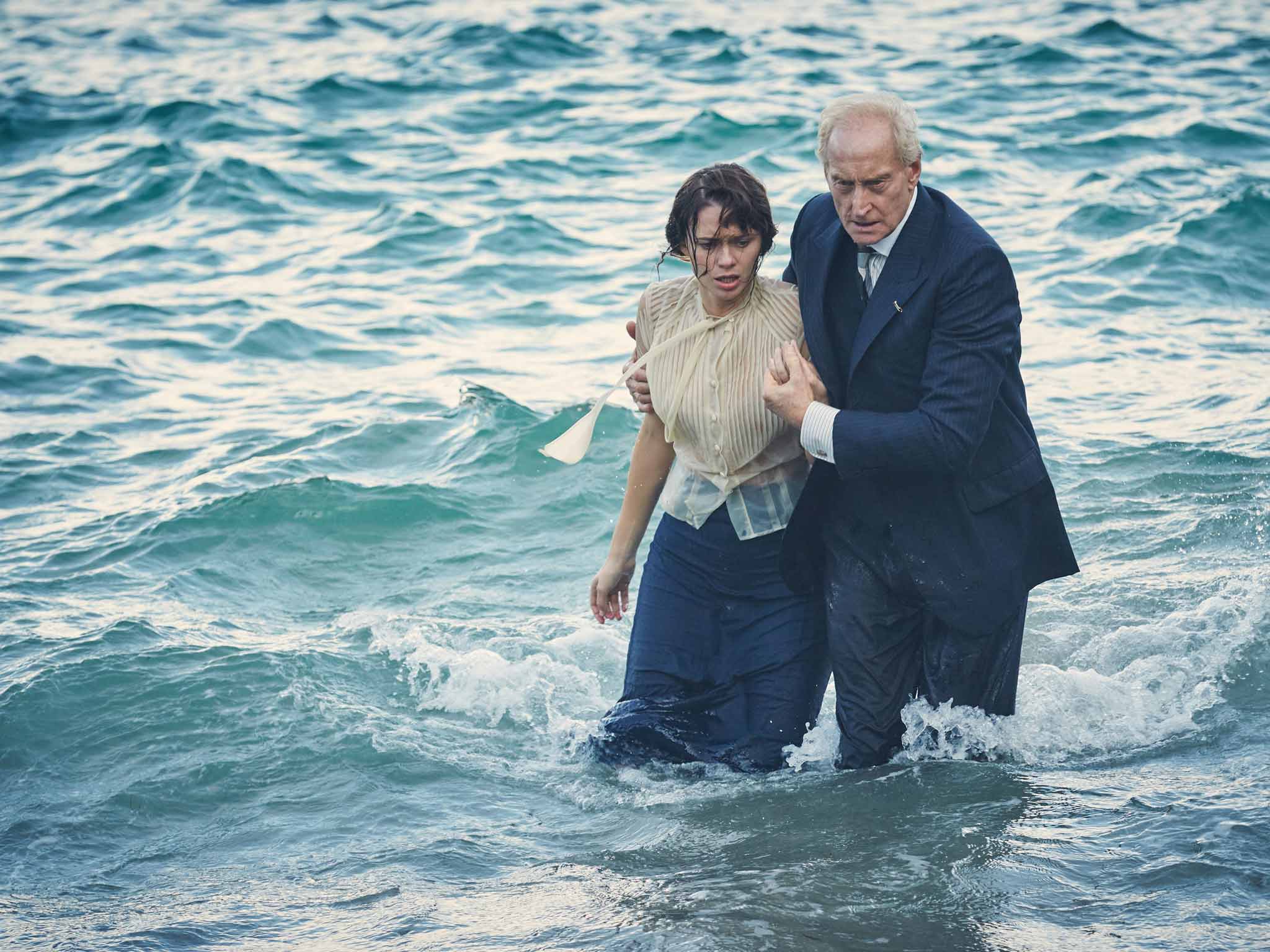And Then There Were None, BBC1 - TV review: Not so much a whodunit as an examination of guilt
Five became four, then three, then two, and our nerves became frayed

Christmas viewing wouldn't be complete without a piece of quality drama amid the soaps, movies and comforting specials. This year the honours fell to Sarah Phelps' smart, sharp adaptation of Agatha Christie's greatest novel, And Then There Were None, which came to its riveting conclusion last night as tensions continued to rise on Soldier Island and five became four, then three and, finally, two.
Phelps drew early criticism for supposedly sexing up Christie (and certainly it's hard not to wonder if it's written into Aidan “Poldark” Turner's contract that he must appear fetchingly half naked for at least one episode of each show that he's in) but such complaints were minor in the face of a hugely atmospheric take on this clever but tricksy tale.
It helped that Phelps had an all-star cast to draw on ensuring that it was never easy to guess who the killer might be. Was it Turner's sardonic soldier of war? Maeve Dermody's guilt-ridden governess? Charles Dance's kindly but cold-hearted judge? Toby Stephens' belligerent, booze-sodden doctor? Burn Gorman's cocky spiv of a cop? As the night wore on so another suspect was ruled out of contention and the puzzle became ever more fiendish. Was Turner's Philip Lombard right that some one else was pulling the strings? Which of the survivors was lying? In fact were any of them telling the truth? And, most importantly, who if anyone would make it out alive?
By the time the endgame arrived audiences watching at home were living on their fraying nerves just as much as the paranoid inhabitants of Soldier Island. I won't spoil the ending for those who have yet to catch up except to say that the identity of the murderer was both well signalled and made perfect sense, despite a certain amount of sleight of hand on Christie's part.
Yet, ingenious as the ultimate puzzle was (and it is one of Christie's best), And Then There Were None owes its reputation to the fact that its not so much a whodunit as an examination of guilt and the possibly (or lack thereof) of redemption. Phelps, who made her name on EastEnders, clearly understood this, placing Dermody's grief-haunted Vera centre stage to great effect and asking which is worse: to pretend to feel guilt for something you did as a way of living with yourself or to cheerfully admit that you are a killer and feel no guilt at all?
Join our commenting forum
Join thought-provoking conversations, follow other Independent readers and see their replies
Comments
Bookmark popover
Removed from bookmarks